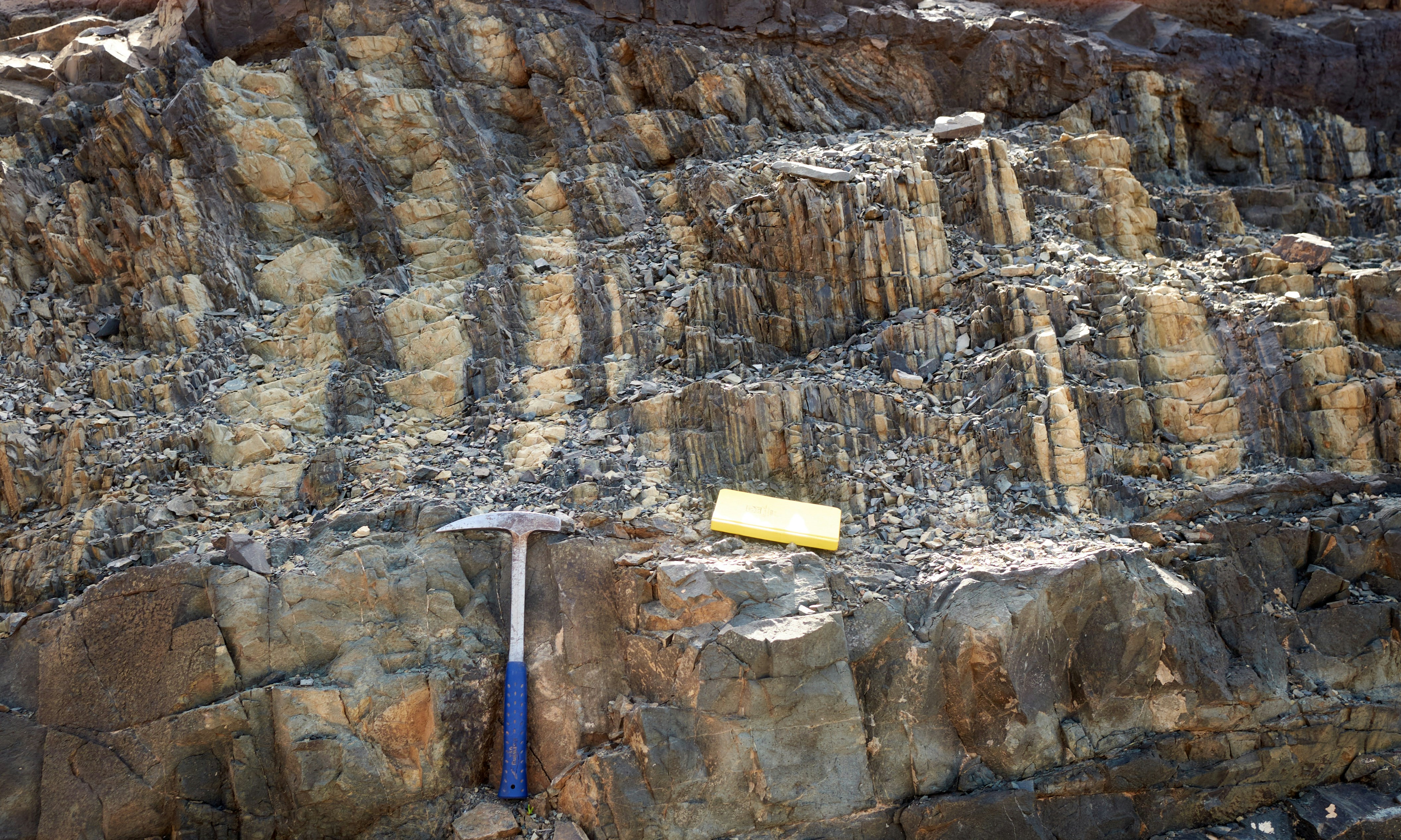Understanding Geology and Geography
Geology and geography are two interlinked disciplines that help us understand our planet and its complex systems. Geology focuses on the Earth’s physical structure and substances, while geography deals with the spatial relationships between people and the environment. Together, they provide critical insights into challenges that arise globally, especially in terms of climate change, urbanization, and resource management.
Global Science Challenges
One of the pressing science challenges within these fields is the increasing impact of climate change. As temperatures rise and weather patterns shift, both geological formations and human activities are affected. Coastal cities, for instance, face the threat of rising sea levels, which can lead to significant geological changes and community displacement. In this context, geological studies become vital in predicting and mitigating these risks.
The Role of Research and Collaboration
Addressing global science challenges necessitates a collaborative approach. Interdisciplinary research involving geologists, geographers, and climate scientists is crucial in devising effective strategies. By enhancing our understanding of geological processes and geographical patterns, we can better prepare for potential disasters and encourage sustainable development. For example, integrating geographic information systems (GIS) with geological data can lead to more informed decisions about land-use planning and natural resource management.


